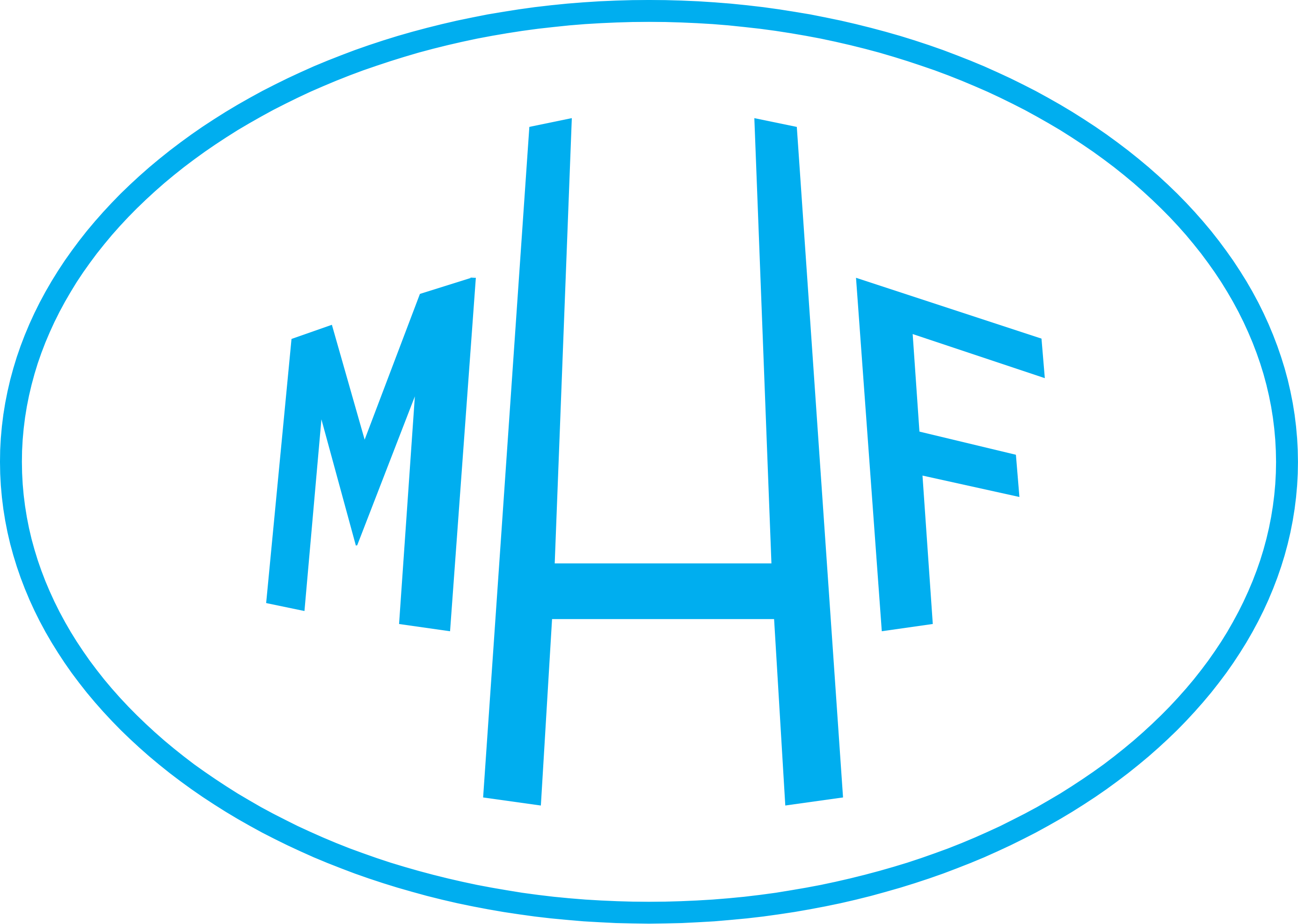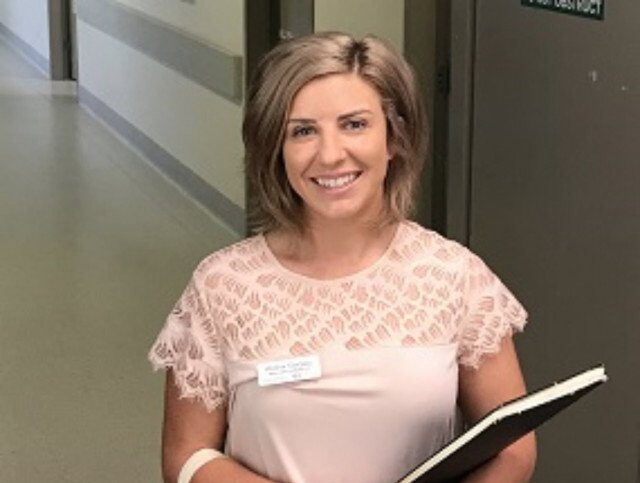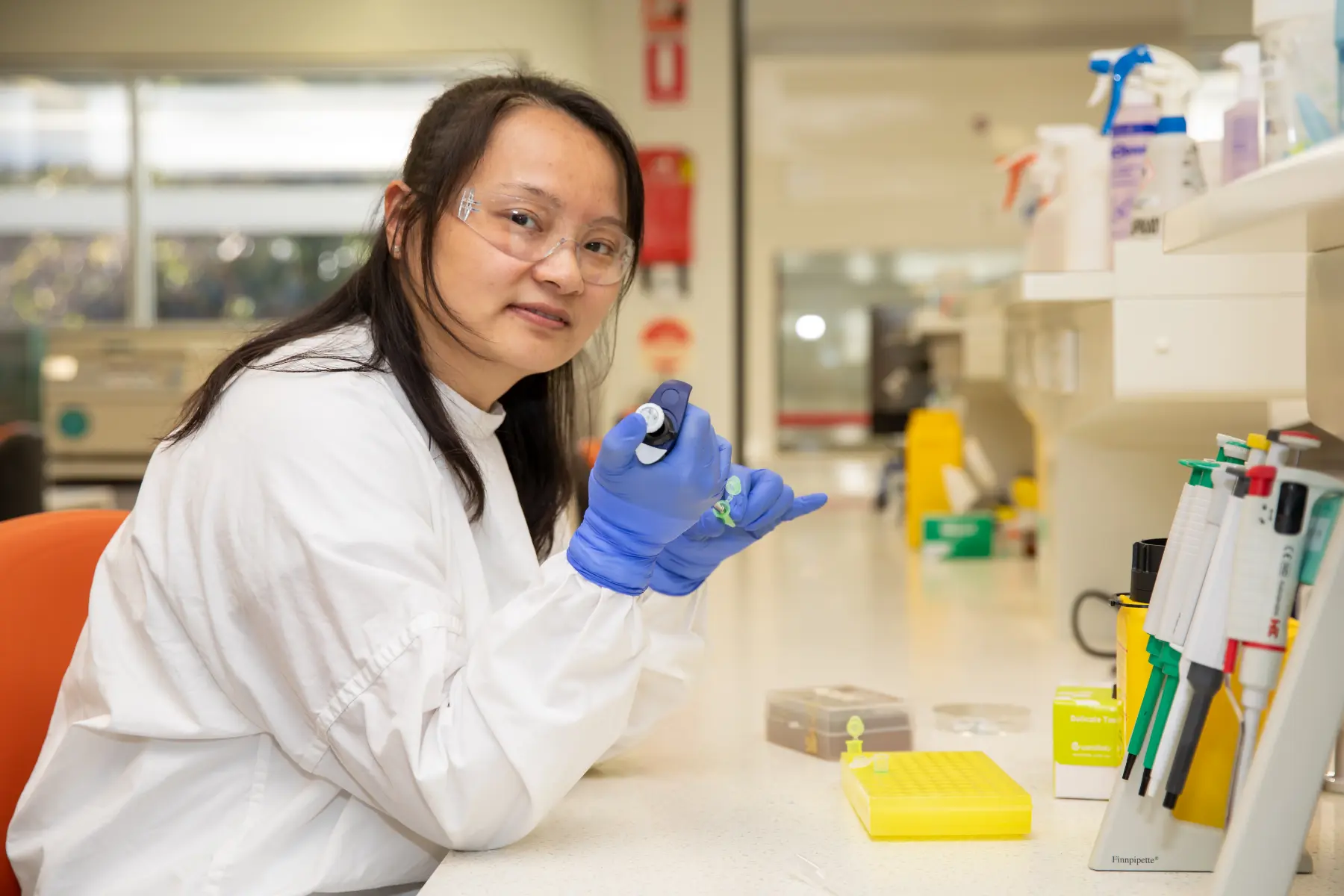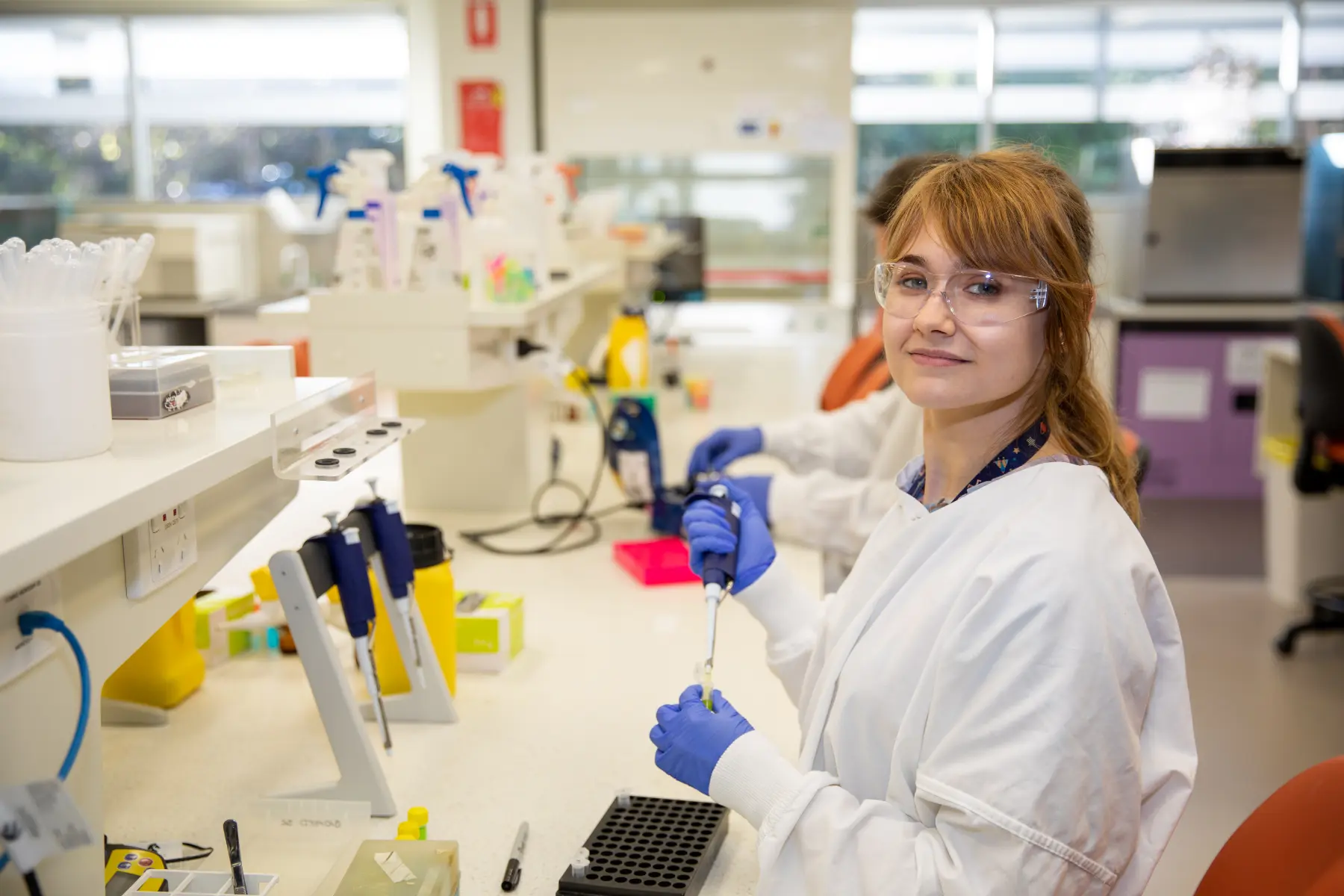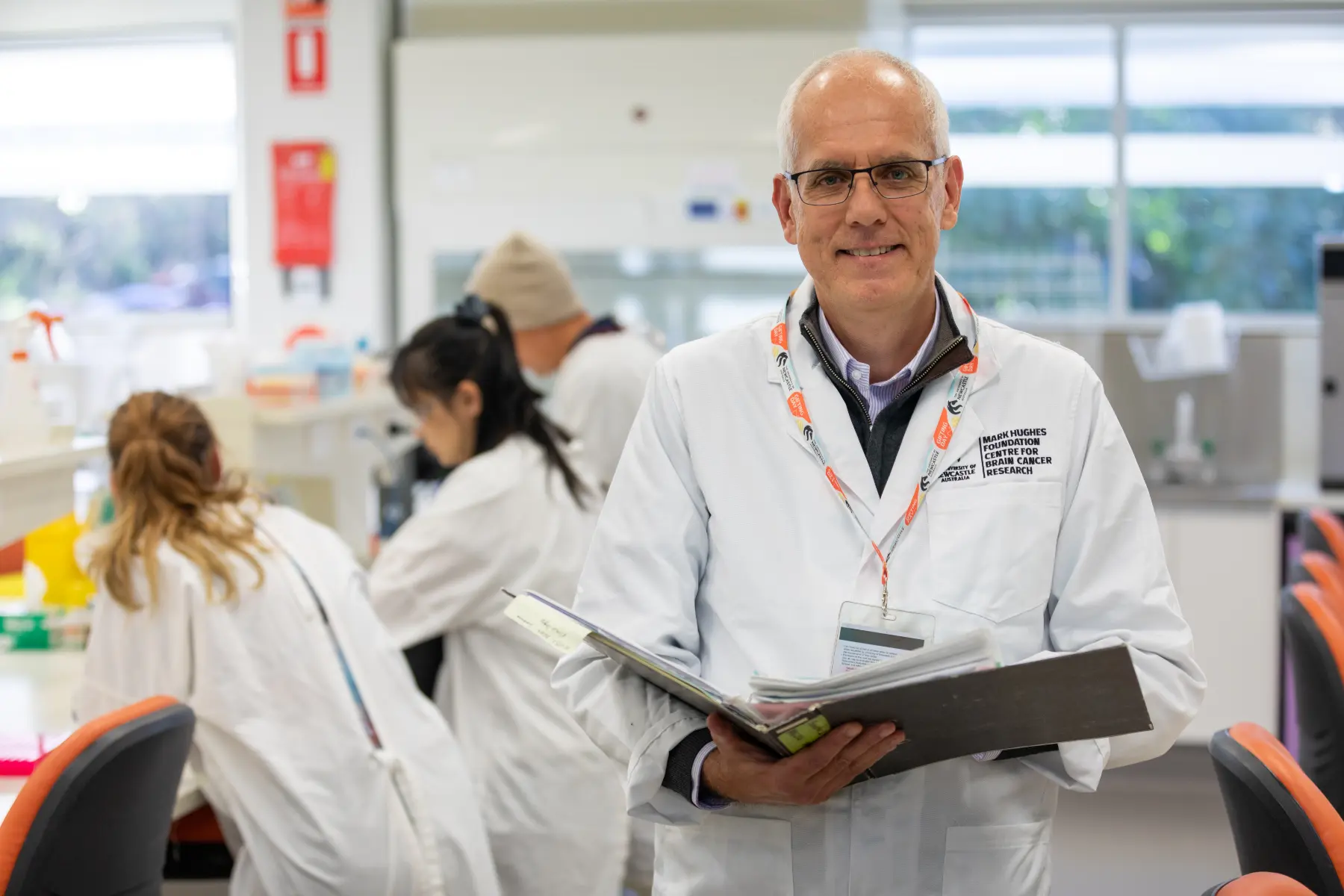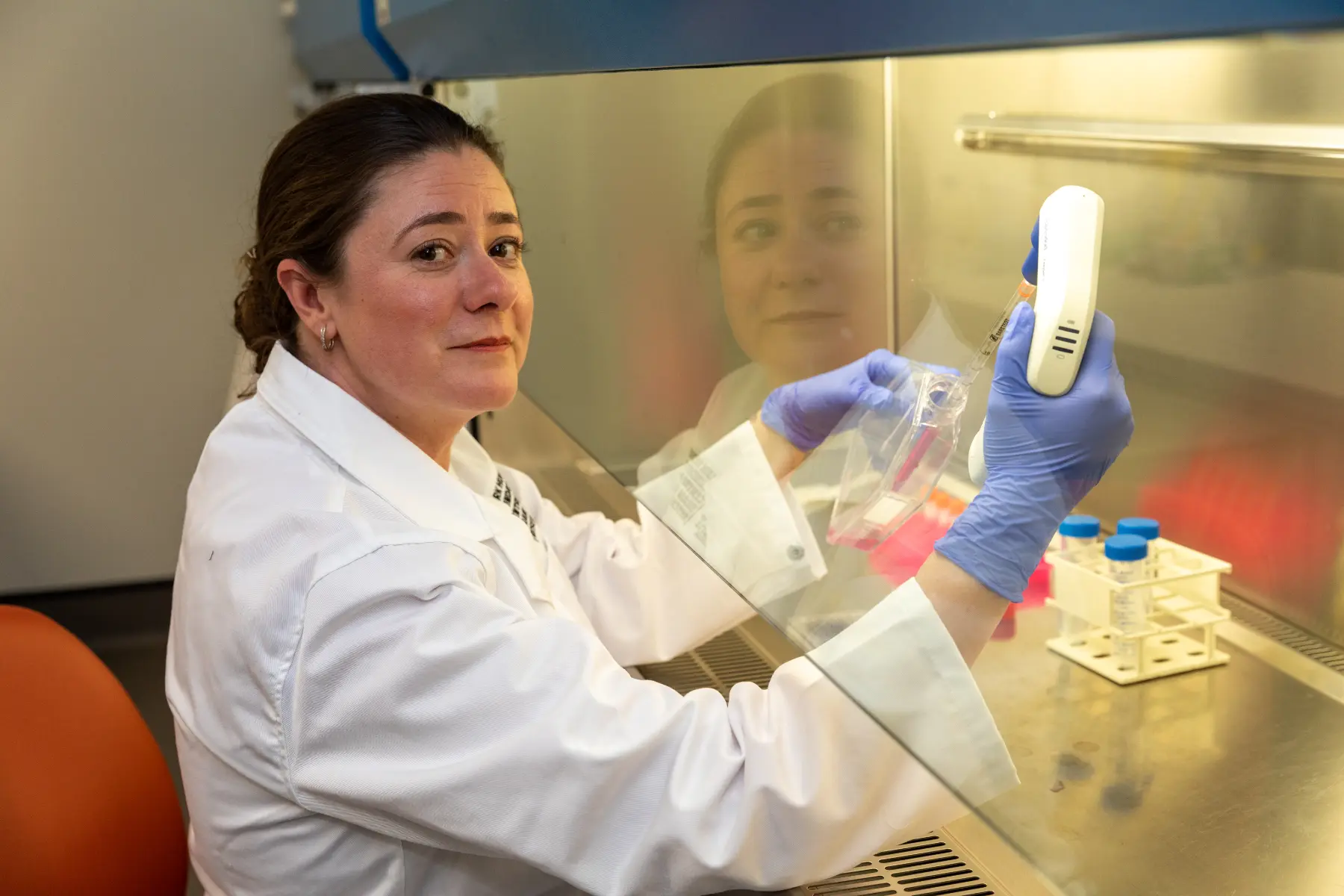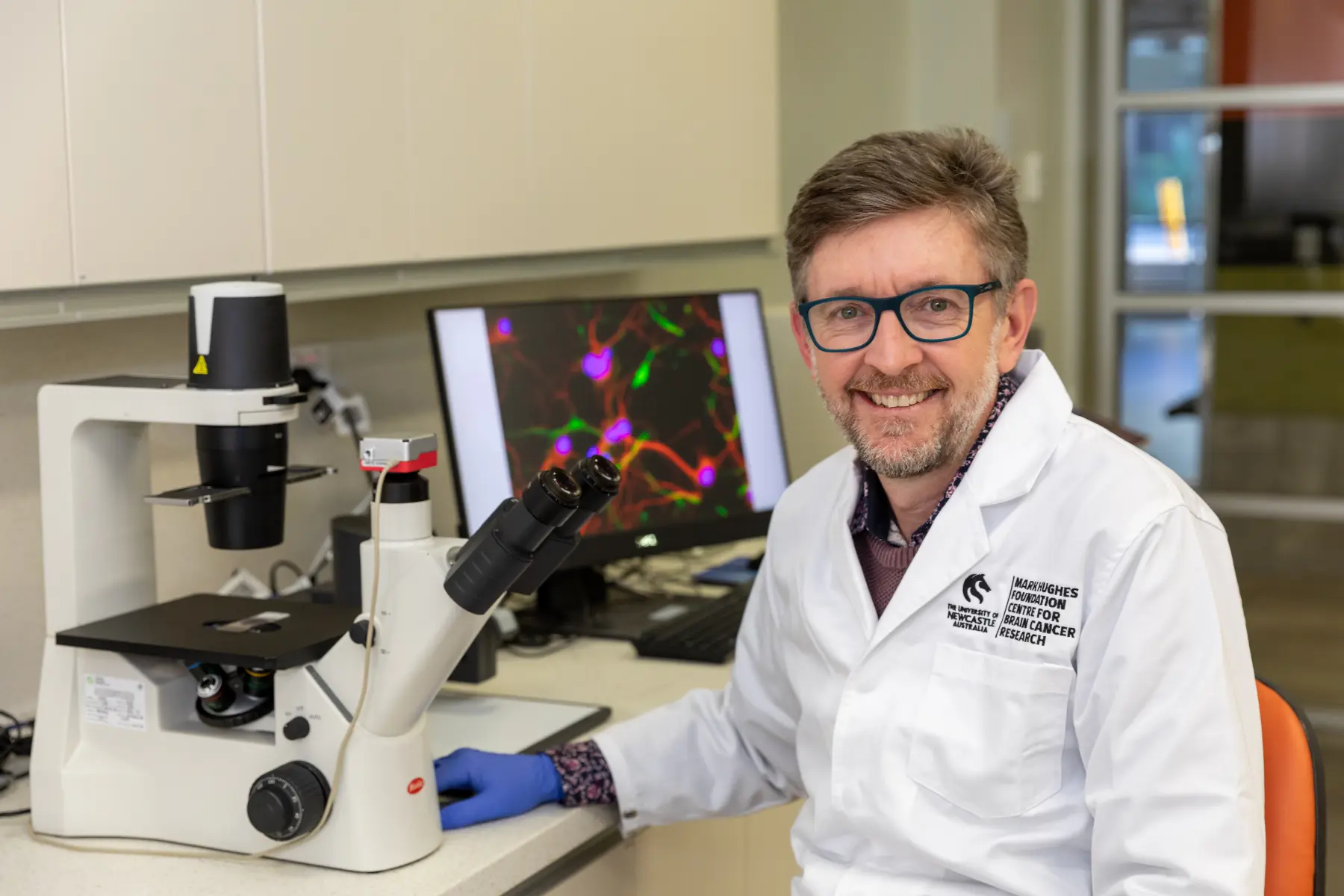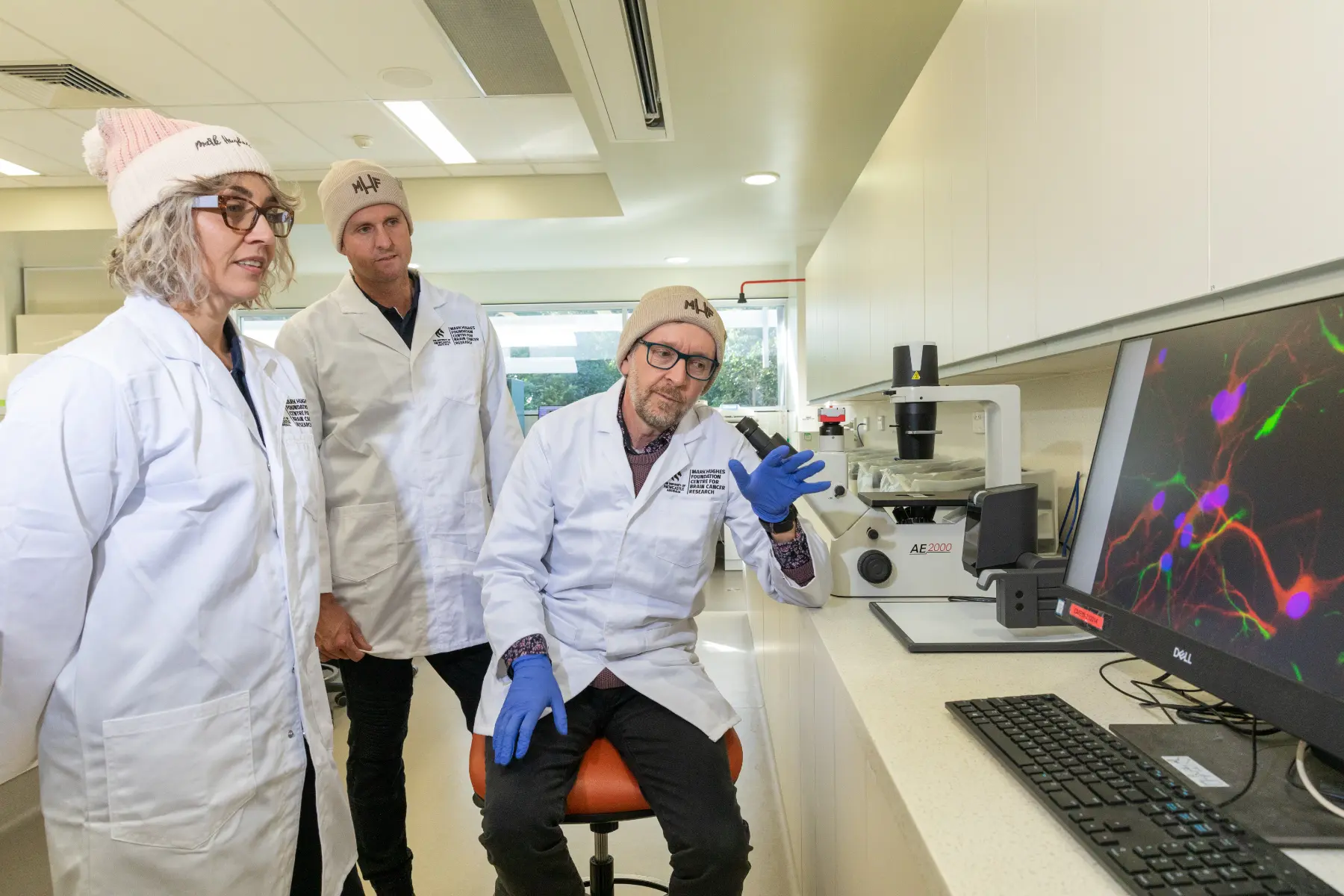The role of the Brain Cancer Care Coordinator (BCCC) continues to assist patients and their families on a daily basis to make this devastating and difficult journey a little more bearable.
We have been extremely lucky to have Alisha Gooley and Sandy Nixon (maternity leave) in the Newcastle and surrounding areas and the MHF has recently funded additional BCCC’s Natasha Malcolm in the Tamworth / Armidale and surrounding areas and Nicole Allen in Port Macquarie / Coffs Harbour and surrounding areas.
Below is a piece written by both Sandy and Alisha providing some insight into their roles.
We are extremely fortunate and grateful to continue in this role and look forward to working together to provide invaluable support and guidance through what might be considered one of the toughest times during someone’s life.
The role of the BCCC in the Hunter New England Local Health District (HNELHD) is based at the John Hunter Hospital (JHH) in the neurosurgical department and is completely funded by the Mark Hughes Foundation. We tend to see patients not only from local areas but from all over the state as JHH is the nearest neurosurgical department outside of Brisbane and Sydney. The BCCC supports the patient and their families from diagnosis, throughout treatment, during surveillance and to either discharge from care or end of life care.
The aim of the BCCC is to provide patient-centred care, advocacy, clinical advice, education, support, assess needs and make appropriate referrals and essentially bridge the gap between the patient and their specialists to ensure the complex needs of patients and their families are effectively managed. We tend to meet patients and their families on the ward immediately after there is indication on imaging which might suggest a primary brain tumour.
We attend as many medical oncology and radiation oncology appointments as possible, and we work closely within the multidisciplinary team to develop appropriate treatment plans that tailor and suit patient’s lives as best as possible.
We are present from initial diagnosis to educate, support, guide, advocate and be a pillar of strength for not only the patients but their entire network of family and friends.
The role is essentially about bridging the gap for patients and their families between the medical specialists to ensure their challenging journey is a little easier and according to reports since the commencement of the role, we are making a difference every single day. We attend clinic appointments with patients and make vital referrals to services such as social work, cancer council, emergency respite care, palliative care, psychology, occupational therapy, speech therapy, physiotherapy and other inpatient rehabilitation services. We provide medical advice which quite often results in a patient not requiring presentation to an emergency department. We are also actively involved in supporting research into brain cancer and routinely consent patients to biobanking and whole brain donation. In addition, we also link patients to clinical trials across the country when deemed appropriate.
Our future vision is to see that all patients and loved ones across Australia are linked in with a BCCC and most importantly that all of the tireless dedication and hard work by the Mark Hughes Foundation and researchers will in turn result in a cure for brain cancer.
Written by Sandy and Alisha
